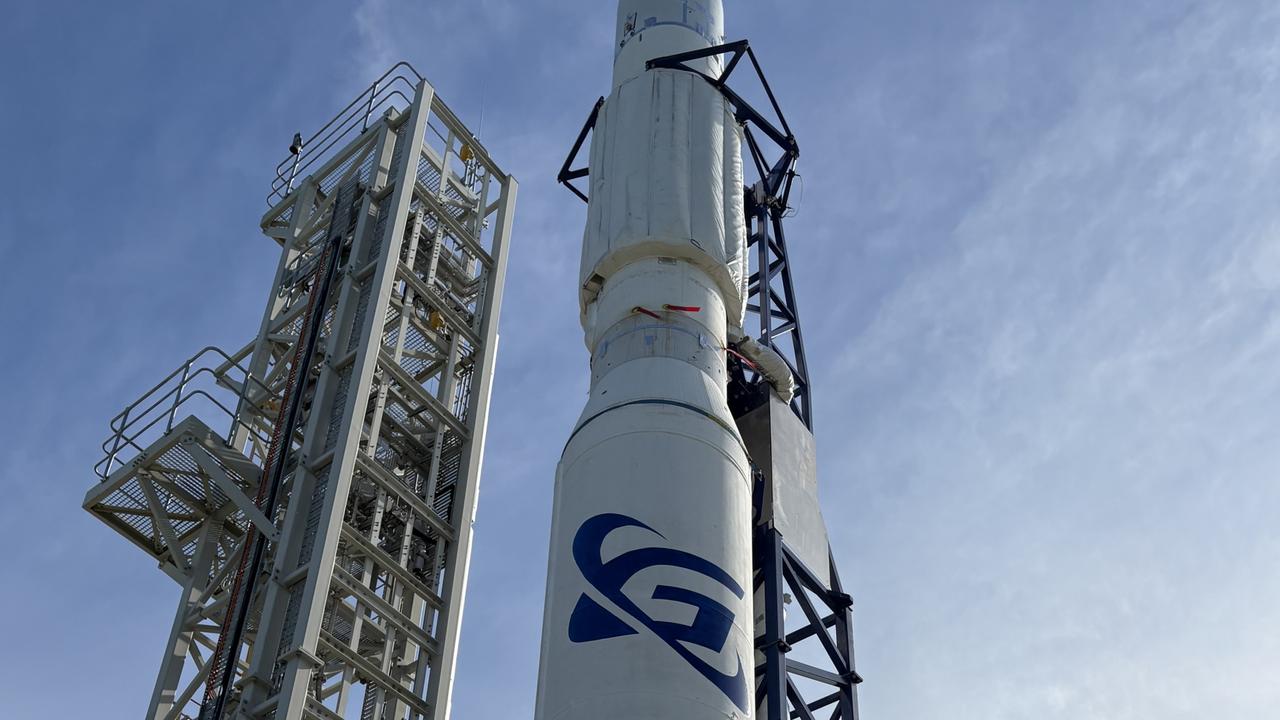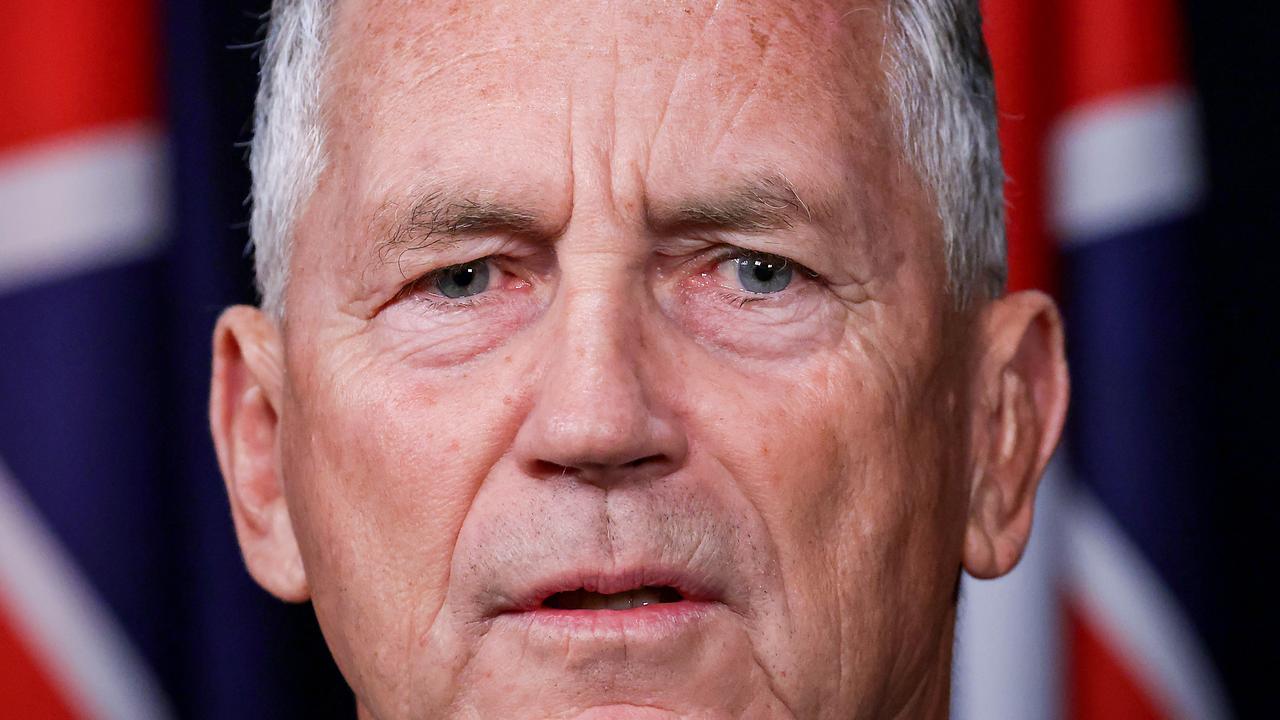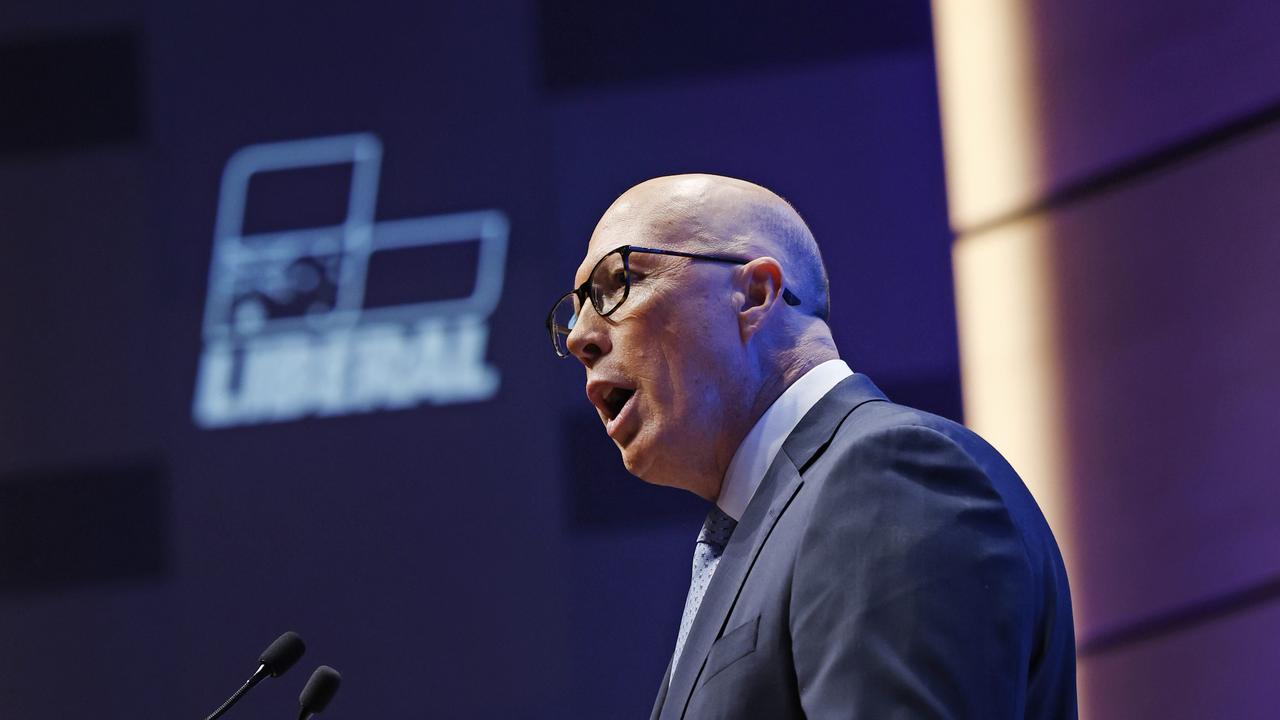‘What are these people being rewarded for?’: Fury at university vice-chancellor salaries
One profession has been accused of “executive largesse” after it was revealed they are raking in more than the Prime Minister.
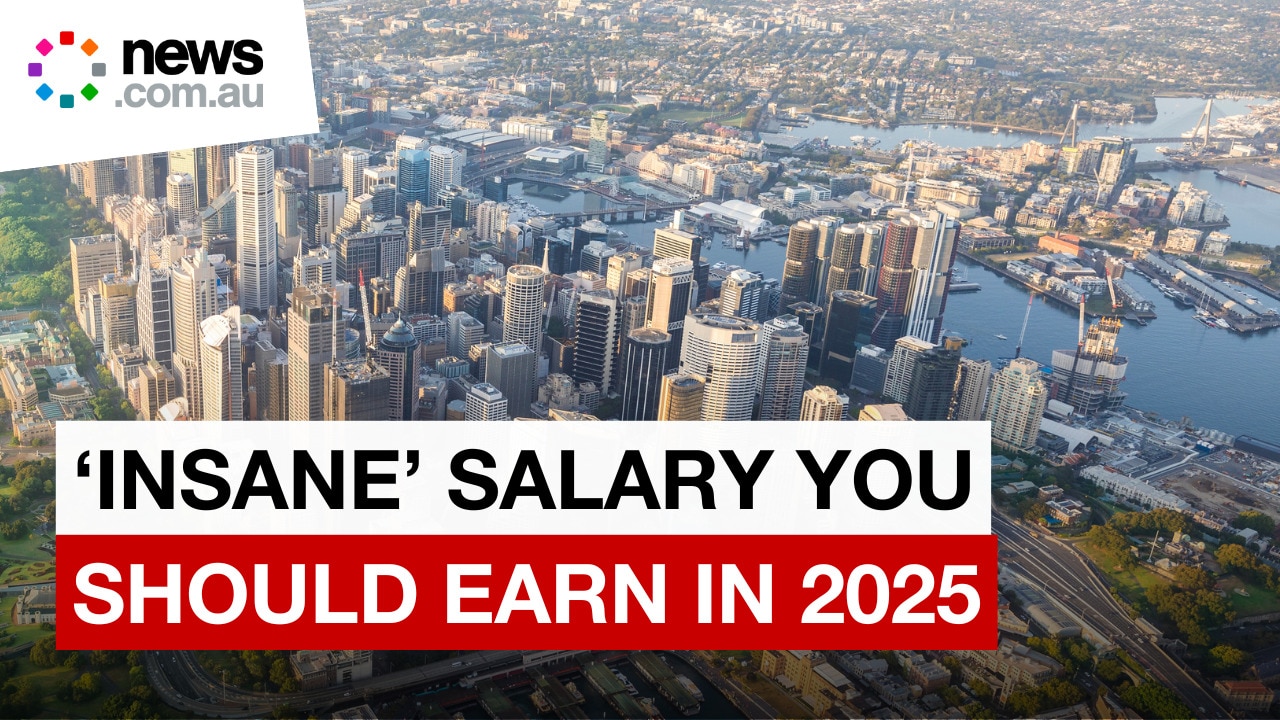
Careers
Don't miss out on the headlines from Careers. Followed categories will be added to My News.
Universities in Victoria have been accused of “executive largesse” and “failing students” after it was revealed five of the institutions’ vice-chancellors were raking in more money than the Prime Minister.
Despite multiple scandals affecting the beleaguered sector nationwide, just three of Victoria’s nine vice-chancellors – those at the University of Divinity ($219,000), and La Trobe ($869,999) and Monash Universities ($1.1 million) – took pay cuts in 2024, according to their latest annual reports, tabled in state parliament on Tuesday. While the salaries of their counterparts at the University of Melbourne ($1.5m), RMIT ($1m) and Swinburne ($1.1m), Deakin ($1m), Victoria ($850,000) and Federation Universities ($910,000) either increased or remained the same.
National Tertiary Education Union (NTEU) president Dr Alison Barnes said despite “years of community outrage, Victoria’s chancellors are so out of touch they’ve signed off on even more executive largesse”.
“On one hand, universities blame budget deficits for job cuts, and with the other they push vice-chancellor pay into the stratosphere,” Dr Barnes said in comments provided to news.com.au.
Though a vice-chancellor essentially functions as the Chief Executive Officer of a university, Australia Institute senior economist Jack Thrower said such “huge” packages “are not justified”.
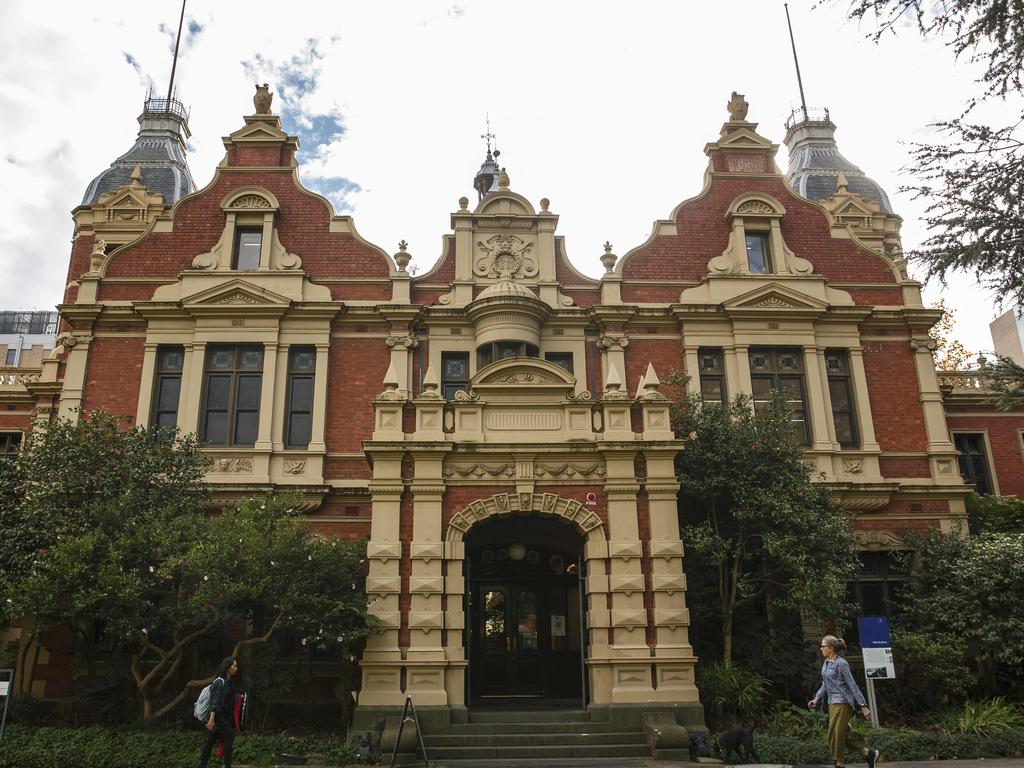
MORE: Aussie jobs over $150,000 revealed
“We are continuing to see a governance crisis in the sector, with a new scandal arising every week, while many are employees are subjected to casualisation, wage underpayments and poor labour practices,” Mr Thrower told news.com.au.
“This system is also failing students, Australian universities continue to fall down international rankings and there is no correlation between student educational satisfaction and Vice-Chancellor remuneration.”
Vice-chancellor salaries have ‘skyrocketed’
The fact that university executives take home some of the most generous pay packages in Australia is the subject of regular annual outrage.
In January, there was a furore when it was revealed Bill Shorten would pocket $860,000-a-year as vice-chancellor of the University of Canberra – more than double his cabinet minister base salary of $406,063.
The former Labor opposition leader’s pay, however, pales in comparison to that of his predecessor, Professor Paddy Nixon, whose package in 2023 was $1.8m – and that of his counterparts.
According to the NTEU, the average vice-chancellor at a public institution is on a total renumeration package of about $1.048m.
The salaries of those presiding over Australia’s prestigious Group of Eight (Go8) universities all exceed $1m: the University of Sydney’s Mark Scott took home $1,184,999 in 2023, and the Australian National University’s (ANU) Genevieve Bell $1.1m. Though not part of the Go8, Queensland University of Technology (QUT) vice-chancellor Margaret Sheil pocketed $1,234,000 that same year.
The removal of government regulations on vice-chancellor pay in the late 1980s, Mr Thrower said, was “the most important” contributor to wage increases.
“Since this time remuneration has skyrocketed, from 1985 to 2023, accounting for inflation, average remuneration for Group of Eight vice-chancellors more than quadrupled,” he said.

MORE: Australia’s fastest growing salaries
Not only do these wages put them far ahead of their peers in the US, UK, Canada and New Zealand. They’re also at least double that of Australia’s state and territory leaders (Victorian Premier Jacinta Allan, the highest-paid, will earn up to $498,031 in the 2024-25 financial year), and hundreds of thousands of dollars more than Prime Minister Anthony Albanese, who receives a base salary of roughly $607,500.
“Vice-chancellor pay should be pegged to state premiers and university governing bodies must face real accountability for rubber stamping such exorbitant salaries,” Dr Barnes said.
The disparity between vice-chancellor renumeration and that of other university staffers is even more galling, Mr Thrower said. In 2022, it was at least seven times more than that of lecturers, more than nine times than that of high school teachers and over 10 times more than that of primary school teachers.
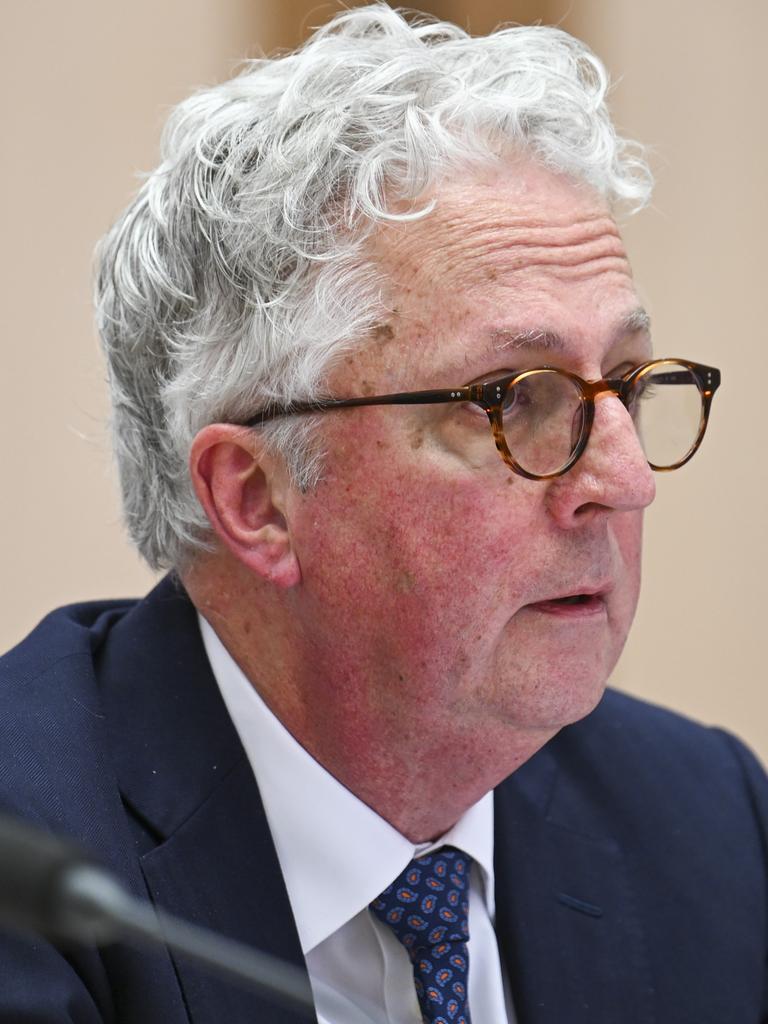
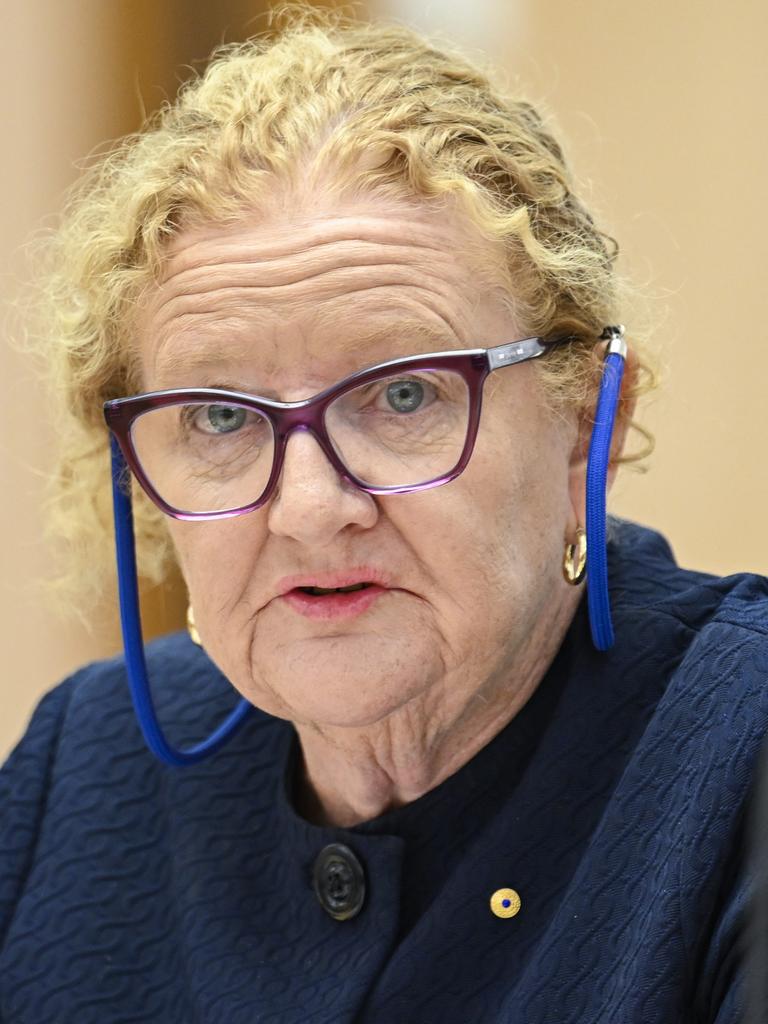
‘What are these people being rewarded for?’
Defenders of how much vice-chancellors make often argue the role is akin to that of running an ASX-listed top 100 company given the multiple stakeholders they have to juggle, and size, complexity and “very high-revenue” nature of their organisations.
“They are also the public face of their institutions, constantly in the public eye and often blamed when things go wrong,” a research paper from UK think tank HEPI read, describing their vilification as a “witch hunt”.
Mr Thrower dismissed this comparison as “misleading because vice-chancellors are not subject to nearly the same level of scrutiny or accountability as corporate CEOs”.
“Vice-chancellors do not face the oversight of a corporate board, whose members face strict legal obligations and liabilities, not to mention the threat of takeover if they are poorly run,” he said.
“They are also not subjected to anything like the level of regulation and scrutiny that the Australian Security and Investment Commission (ASIC) and the Australian Consumer and Competition Commission (ACCC) can apply to privately-owned organisations, nor pressure from consumers protected by Australian consumer law.
“Despite managing large amounts of public money, vice-chancellors rarely face budget estimates, parliamentary inquiries, or other forms of public sector accountability.”
“What are these people being rewarded for? The wage theft epidemic, the insecure work crisis or the shocking governance failures plaguing our institutions?” Dr Barnes said.
“When you put these enormous pay packets up against the litany of governance failures we’re seeing in Australia, it’s clear they are completely out of step with community expectations.”

Government needs to intervene in ‘lawless’ sector
A “key problem” that faces the university sector going forward, Mr Thrower said, is that there is “a vacuum of responsibility” between the federal and state governments.
“The Commonwealth needs to step in, fix the governance crisis in the sector and refocus it on the public goods of education and resource,” he said.
Dr Barnes agreed that the federal government “has a huge role to play here in reforming university governance”.
In January, the Senate Standing Committee on Education and Employment launched an inquiry into the quality of governance at Australian higher education providers – including their “exorbitantly” high salaries and allegations of wage theft and underpayment. An interim report was tabled last month.
“There’s no other job in Australia where you can be paid so exorbitantly while performing so badly, with seemingly no consequences or accountability for the impact on university staff and students,” Labor Senator and chairman of the Committee, Tony Sheldon, said, describing the sector as “lawless”.
“A strong, well-managed higher education sector is essential to the wellbeing of staff and students, our economy and national interest. Australians deserve universities that put students and staff first, not the interests of university executives.”
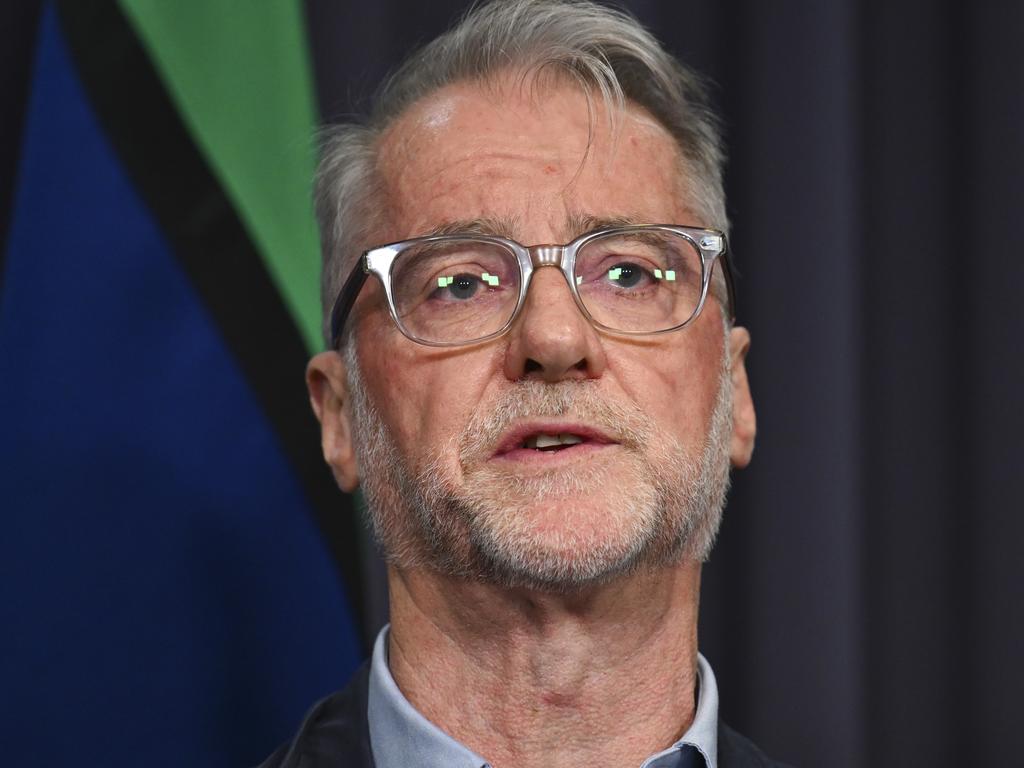
The inquiry has been supported by Education Minister Jason Clare, who also established the Expert Council on University Governance in January. The panel has been tasked with ensuring the institutions are able to protect staff and students and examine issues around employment security, underpayment and good governance.
A Department of Education spokesperson told news.com.au that both the federal government and wider community “expects universities to be model employers”.
“This includes making sure that vice-chancellor salaries are reasonable, comparable with similar public entities, and transparent,” the spokesperson said.
“However, universities in Australia are autonomous institutions and currently are responsible for their own decisions on things such as such as remuneration of staff.”
Originally published as ‘What are these people being rewarded for?’: Fury at university vice-chancellor salaries




